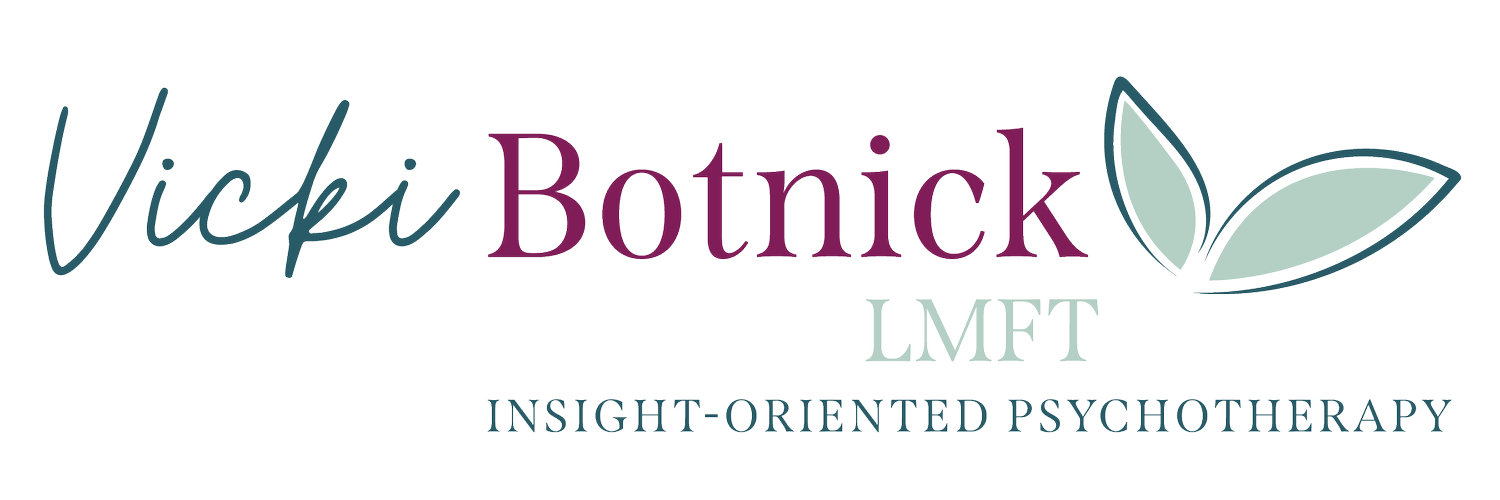Making the Best of a Bad Job
“Occupational disorders do not take life, they merely ruin it.”
In the DSM (Diagnostic and Statistical Manual of Mental Disorders TR-VI) occupational problems are work issues that are so severe that they need clinical attention, and their own diagnosis. Stresses like unemployment, the threat of losing your job, stress on the job, difficult work conditions, job dissatisfaction, job change, fighting with coworkers and uncertainty about career choices can bring on depression and anxiety so strong that you can barely function, much less work to your highest capacity.
Adults spend most of their lives at work: statistics say that the average retiree has spent over 80,000 hours on the job. You’d never know it, though, from how little job stresses are considered. Compared to many other disorders, which can run to ten pages of description in the DSM, occupational problems gets just one little paragraph. The same devaluation is often true in our social life, where we might think “Who doesn’t have job problems? And who wants to hear me talk about them when we’re not at work?” Often, this even holds true in the therapy office, where we ask about lovers, parents and friends, but sometimes forget to ask what’s going on in the office. There isn’t a lot of scientific research devoted to occupational problems, either. This might be because the problem is hard to define, or because “job” is hard to define—it varies over cultures, genders and throughout a person’s lifespan. Does a stay-at-home mom have a job? Does a child? If you’re between jobs, can you have an occupational problem?
From a clinical standpoint, it gets complicated because work problems often piggyback onto, or are disguised by, other disorders. For instance, if you’re depressed, you could also have a separate occupational issue, making it harder to see where the work problem fits in, or to realize its significance. Or you might blame yourself for issues at work—fights with a co-worker, say, that leave you feeling drained and angry—because you see these kinds of problems in your family life too.
These days, we’re told to be happy just to have a job. But when we have significance stress at the office that carries over into the rest of our lives, causing sleep disturbances, emotional trauma and even health risks, we have to be clear that it’s important to see the pain we’re in. Talking to a therapist about the pressure, anger and sadness that work problems cause can help work through them and reassure you that they’re both normal and significant.
If you’re ready to find support with therapy, schedule a free consultation here.
